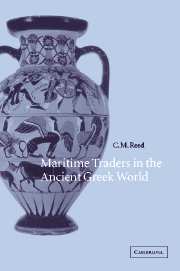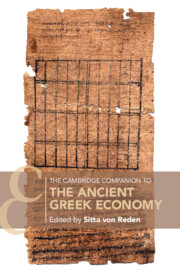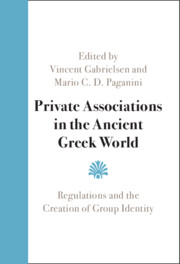Maritime Traders in the Ancient Greek World
This is the first full work since Hasebroek's Trade and Politics in the Ancient World to deal directly with the place of maritime traders in ancient Greece. Its main assumption is that traders' juridical, economic, political and unofficial standing can only be viewed correctly through the lens of the polis framework. It argues that those engaging in inter-regional trade with classical Athens were mainly poor and foreign (hence politically inert at Athens). Moreover, Athens, as well as other classical Greek poleis, resorted to limited measures, well short of war or other modes of economic imperialism, to attract them. However, at least in the minds of individual Athenians considerations of traders' indispensability to Athens displaced what otherwise would have been low estimations of their social status.
- First full study of the subject for seventy years
- Examines in the conclusion the most crucial stages in the transformation of the place of merchants from ancient Greece to the present
- Written in plain, jargon-free English and fully accessible to readers without Greek
Reviews & endorsements
'… a scholarly study of the highest order … he has made it accessible to a wider range of scholars. It will remain the last word on the subject until the unlikely event of the appearance of significant new evidence.' The International Journal of Nautical Archaeology
Product details
March 2004Hardback
9780521268486
180 pages
236 × 159 × 17 mm
0.422kg
2 maps
Available
Table of Contents
- Acknowledgements
- List of abbreviations
- List of references to Greek terms
- Maps
- Introduction
- 1. Coming to terms
- 2. Classical modes and patterns of exchange
- 3. The juridical place of maritime traders
- 4. The level of wealth of maritime traders
- 5. Official attitudes toward maritime traders
- 6. Unofficial attitudes toward maritime traders
- 7. Archaic modes of exchange and the personnel involved, c. 800–475 BC
- 8. Conclusion: then and now
- Appendices
- Bibliography
- Indexes.






